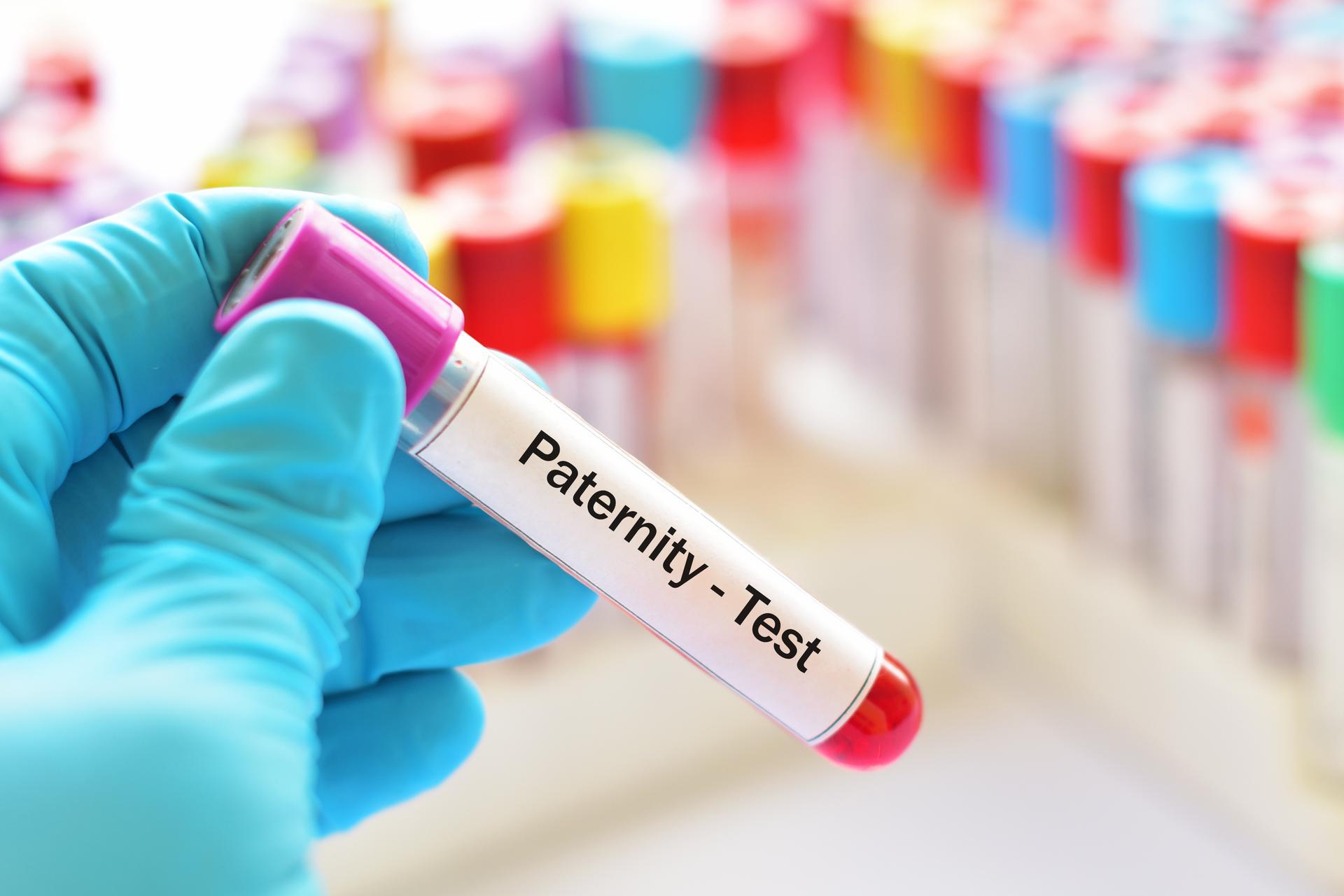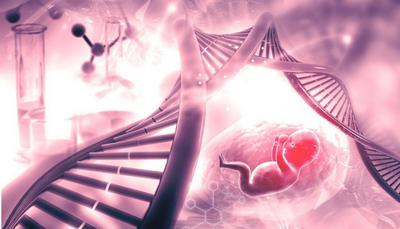Understanding the Implications of Prenatal Paternity Testing
Will the test harm my baby? What are the risks? Are there ethical concerns? Legal concerns? Any other concerns? If you've ever considered getting a DNA test for prenatal paternity, you may be wondering whether it's the right choice.
This blog is here to help you learn about the prenatal test procedure with Health Street. We'll cover what it is, how it works, common concerns, and more in the following article.

What is prenatal paternity testing?
A DNA test for prenatal paternity can confirm whether or not a man is the father of a baby while the mother is still pregnant. There are three types of prenatal DNA testing:
- Blood draw - a non-invasive procedure that is 100% safe for the mother and unborn baby
- Amniocentesis - usually done when a woman is 16 to 22 weeks pregnant, and it involves inserting a needle into the fetal area
- CVS - this procedure is generally done around ten weeks of gestation and consists of removing tissue from the fetal area
Non-invasive prenatal paternity test
The non-invasive prenatal paternity test is a blood draw from the mother's arm, which is compared to the father's cheek swab. No needle goes anywhere near the fetus, meaning there is zero risk. A woman must be at least 9 weeks pregnant.
What do you need to know about prenatal paternity testing
Before undergoing the prenatal paternity test procedure, ensure you have chosen an AABB accredited prenatal paternity testing facility for the highest quality standards.
Legal aspects
Establishing a legal father allows the mother to seek child support and formal recognition of the father's responsibilities. For the father, confirming his relationship with the child can mean parental rights.
Emotional considerations
Not knowing who the father is can be stressful and emotionally challenging. Sometimes, receiving the results can also be difficult. Be sure to seek psychological help or other forms of support if necessary.
Ethical issues
Due to the high safety of a blood draw from the mother's arm, this is the only type of prenatal DNA testing that Health Street offers. No harm comes to the mother or unborn.
Choose Health Street for a non-invasive prenatal paternity test
Scheduling an appointment with Health Street is easy; let us know your availability and if the mother and alleged father want to test simultaneously or separately. The mother must be at least 9 weeks pregnant to complete this test.
Take the next step and explore prenatal DNA testing services with Health Street today. Tests are 100% safe for the unborn.
Frequently Asked Questions
What are the potential challenges associated with prenatal paternity testing?
With Health Street's non-invasive blood draws, the biggest challenges are the emotional and social aspects.
What should I consider before undergoing prenatal paternity testing?
Our prenatal paternity test is quick and easy. The biggest consideration is usually scheduling, and whether the mother and alleged father would like to test together or apart.





